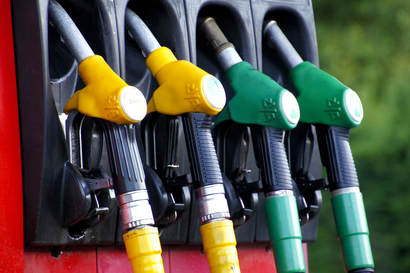
Many diesel drivers chose their vehicles because they were touted as low emission cars that were less polluting. When tests later revealed that emissions-test cheating software had been installed, these owners realized the vehicle they chose was, in fact, causing more pollution than their gasoline-fed counterparts.
What does the end of diesel vehicle production mean to those who currently drive them? In a word, nothing except for the knowledge your car isn't as ecologically friendly as you believed when you bought it. Several manufacturers, including General Motors, Mazda, Jeep, and Mercedes Benz, still plan on producing diesel engines so, as a whole, they will be available in the foreseeable future.
Even if diesel vehicles do become a thing of the past, diesel fuel will still be available for the foreseeable future as the demand for the fuel remains strong. A 2017 annual consumer fuel survey conducted by NACS (National Association of Convenience Stores) indicated that 45% of car owners said they would considering purchasing a car powered by diesel fuel, citing better fuel economy.
Although diesel drivers must come to terms with the fact their car is spewing far more emissions than they originally believed, they can look ahead for a much cleaner technology. Fiat Chrysler plans to have most of their offered vehicles to be either hybrid or fully electric by the year 2025, and the auto industry projects the cost of electric vehicles to be the same as gas powered cars by that year. Due to technological advances and falling battery costs, by the year 2040, a full one-third of the world is projected to have electric vehicles so, possibly, gas-powered cars will be quickly joining diesel cars as vehicles of the past.
 RSS Feed
RSS Feed